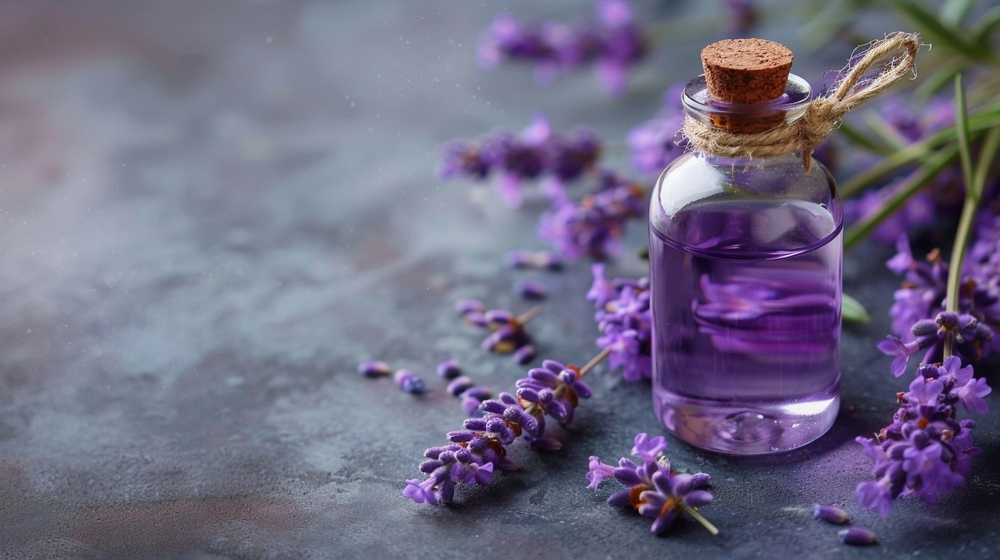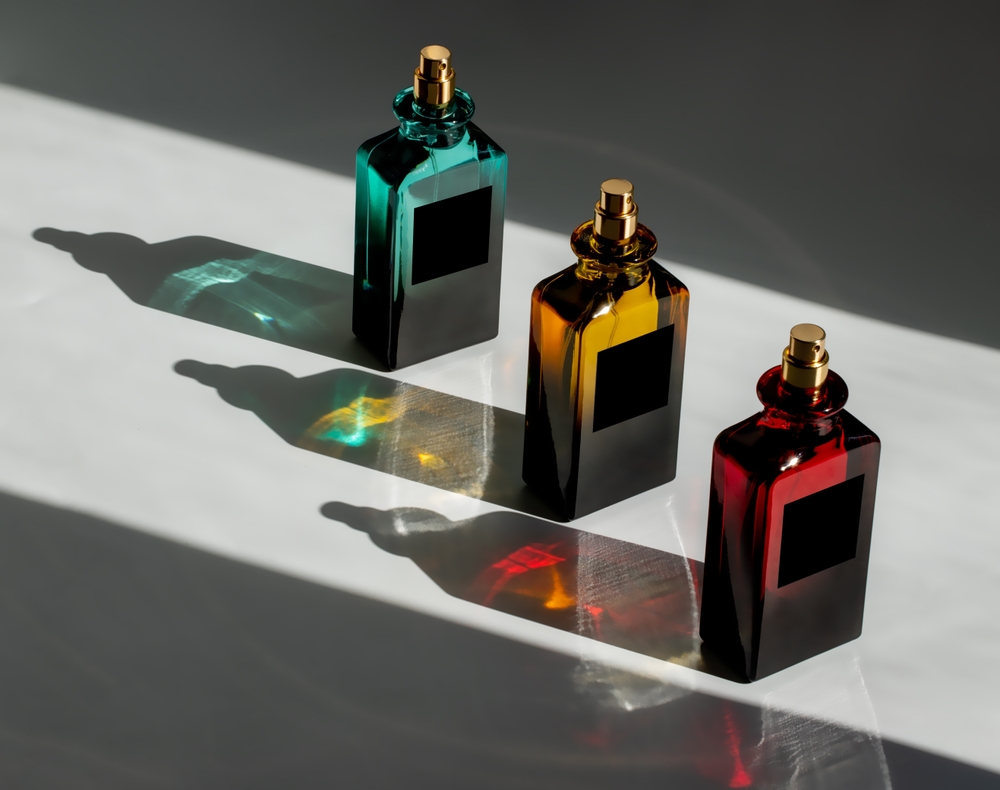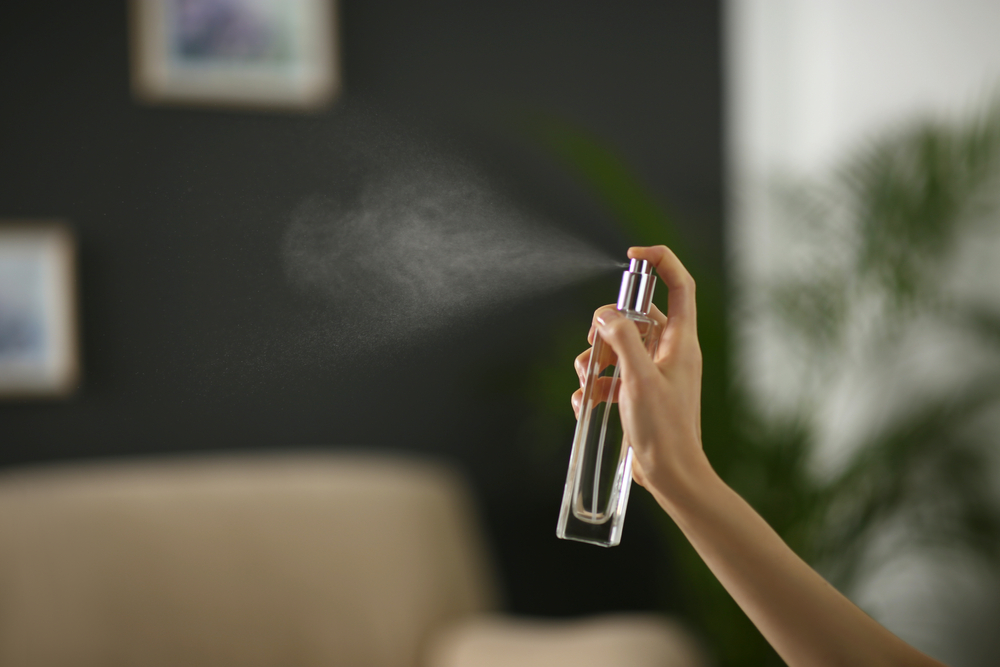Let’s uncover some perfume facts together, shall we?
If you were to meet me, one of the first things you’d notice is that I absolutely love perfumes. Ever since my mom gave me a tiny bottle of Givenchy’s L’Interdit when I was 14, I’ve been hooked. At that age, I was crazy about Audrey Hepburn—watching all of her movies—and it’s no surprise that I wanted to smell just like her.
I was mesmerized from the first sniff. The fragrance opened with the gorgeous and warm notes of bergamot and pear, then transitioned into the luxurious floral touches of jasmine sambac, tuberose, and orange blossom. The scent lingered all day, and just when I thought it couldn’t get better, it deepened into a warm embrace of vetiver, vanilla, patchouli, and ambroxan.
This first perfume quickly became my signature scent, and decades later, it’s still my go-to. Since that moment, I’ve been completely captivated by the world of fragrance. I’ve read countless books on perfume, visited ateliers to create my own aromas, and written about how the perfect scent can change your entire personality.
I’m sure many of you have a perfume that brings back memories or makes you feel like your best self. Fragrance has this magical ability to spark emotions and boost confidence. There’s so much more to perfume than those beautiful bottles, and I want to invite you to join me on a journey into this captivating world.
If you’re ready to explore how perfume has evolved over the years, the fascinating ingredients behind it, and how it can transform your mood, keep reading! Let’s uncover these perfume facts together!

1. Perfume was once used as medicine
Did you know that a long time ago, people thought perfumes were like little magic potions with healing powers? They believed that certain scents could help with all sorts of health issues, so doctors would recommend using fragrances made from oils, flowers, and herbs as natural remedies.
For instance, lavender oil was popular for helping folks relax and ease headaches, while rose oil was cherished for its calming effects. How lovely is that?
But wait, there’s more! The ancient Egyptians also had a special connection with perfumes. They used them not only for beauty but also to help protect their bodies from illness and during religious ceremonies. If they got hurt, they would apply scented oils to keep infections at bay.
So, the next time you spritz on your favorite fragrance, just think of this neat little history! You’re not just wearing a scent; you’re tapping into a beautiful tradition that blends beauty with healing.
2. Frangrance is linked to memory
This is one of my favorite perfume facts because it brings back so many memories just by typing this. According to research, fragrance is strongly connected to emotion and memory. Your sense of smell is closely tied to your brain’s limbic system, which controls your behavior, memories, and emotions.
So, if you smell a particular perfume, your mind will immediately evoke a specific memory, take you to a moment in time, or even trigger vigorous feelings. For example, smelling a rose perfume could make you feel like you’re in your grandma’s garden, or the scent of another gorgeous fragrance could take you back to the first date with your partner.
Perfume is strongly tied to our emotions, which is why it’s not all about the smell, but what it represents for each one of us. If you haven’t noticed it by now, I dare you to spritz on your signature scent and pay attention to how you feel and where your mind takes you. You might be surprised!
…The next perfume fact might shock you!

3. Some fragrances contain synthetic animal ingredients
Perfume has an interesting history, with many early fragrances made from animal-derived ingredients. However, in today’s world of incredible perfumery, you’ll find that many of these ingredients have been replaced by wonderful synthetic alternatives. For example, some perfumes still use synthetic versions of animal-based scents, like musks, which originally came from the glands of musk deer. While these synthetic musks aim to capture the same lovely aroma, they can raise some ethical questions, especially for those who care about animal welfare.
If you’re looking for cruelty-free fragrances, just keep an eye out for labels that say “vegan” or “cruelty-free.” These are great options that ensure no animal-derived ingredients—synthetic or otherwise—are used. Many perfumers are now embracing plant-based and ethical alternatives, crafting beautiful scents without harming animals, so you can find something that ticks all of your boxes.
4. Citrus scents were once for royalty only
You can now purchase whatever fragrance you feel like—if you have the financial resources for such a luxury—but things were different centuries ago. For example, many moons ago, citrus were so expensive, that only the most elite people could afford them.
The rarity and the crazy price tag quickly turned them into a symbol of power and wealth and were reserved for royalty and very few other privileged people. For instance, the high demand for citrus scents played a major role in the growth of the citrus trade in the 16th and 17th centuries, especially in Europe. During this time, lemons, oranges, and other citrus fruits were traded widely, and their stunning essence became a valuable component of opulent perfumes.
You can choose from a plethora of citrus perfumes today, as they come in various price ranges and astonishing ingredient combinations, but if you pay attention to the smell, you’ll notice they still exude a sense of vigor and freshness. Spritz on some citrus perfume, and you’ll feel more vibrant, optimistic, refreshed, and energetic.

5. It doesn’t expire, but it can age
Another perfume fact that blew my mind when I first read about it has to do with how the scent changes over the years. Just like whiskey and wine, some fragrances can become even better, richer, and more luxurious as they age.
While you can enjoy most perfumes for 3 to 5 years after opening, vintage scents that are well taken care of can develop a more nuanced and complex scent over time. Professional perfumers say this happens because the perfume molecules slowly evolve and change, creating even more gorgeous layers and deeper notes.
For example, perfumes rich in patchouli, amber, or musk are more likely to become better with age. However, if you want to preserve it for a couple of years and age it properly, you must keep it in a cool, dark place, away from temperature fluctuations and sunlight. Other factors can interfere with the breakdown of the fragrance and can even speed up the process, so don’t leave them in the bathroom or the car.
…Collectors are always on the lookout for mature, vintage perfumes, so if you come across an old bottle that seems a little odd, don’t toss it out! Take a moment to savor the scent—it’s not the same as when it was first bottled. Over time, it’s developed into a completely new experience, and who knows? It might even evoke some special memories!
6. Synthetic scents have replaced organic ingredients
I recently came across an interesting fact about perfume that I wanted to share! Nowadays, many perfumes use synthetic ingredients more than natural ones. This shift happened because producers wanted their fragrances to be cost-effective, consistently available, and adaptable to what consumers were looking for.
While natural oils are luxurious and can smell amazing, they can also be quite expensive and hard to source in large amounts. To tackle this issue, perfumers have turned to synthetic compounds that accurately mimic the scent of natural ingredients. These synthetic options are stable and more budget-friendly.
This change has led to an explosion of different fragrances on the market, but it does mean that not all perfumes are as pure as they used to be. If you’re in the mood for something more natural and authentic, there are some wonderful organic perfumes out there, although they do tend to be on the pricier side. Just a little tip if you’re shopping for scent!
What are your thoughts on these perfume facts? Did any of these surprise you? If you want to take your fragrance journey to the next level, here’s a book that will make you fall in love with scents. And if you want to read something else from 1 Million Facts, check out his post: 6 Reasons Why Americans Pay So Much For Health Care
Until next time, spritz your favorite perfume and immerse yourself in the luxury of those unforgettable scents!

